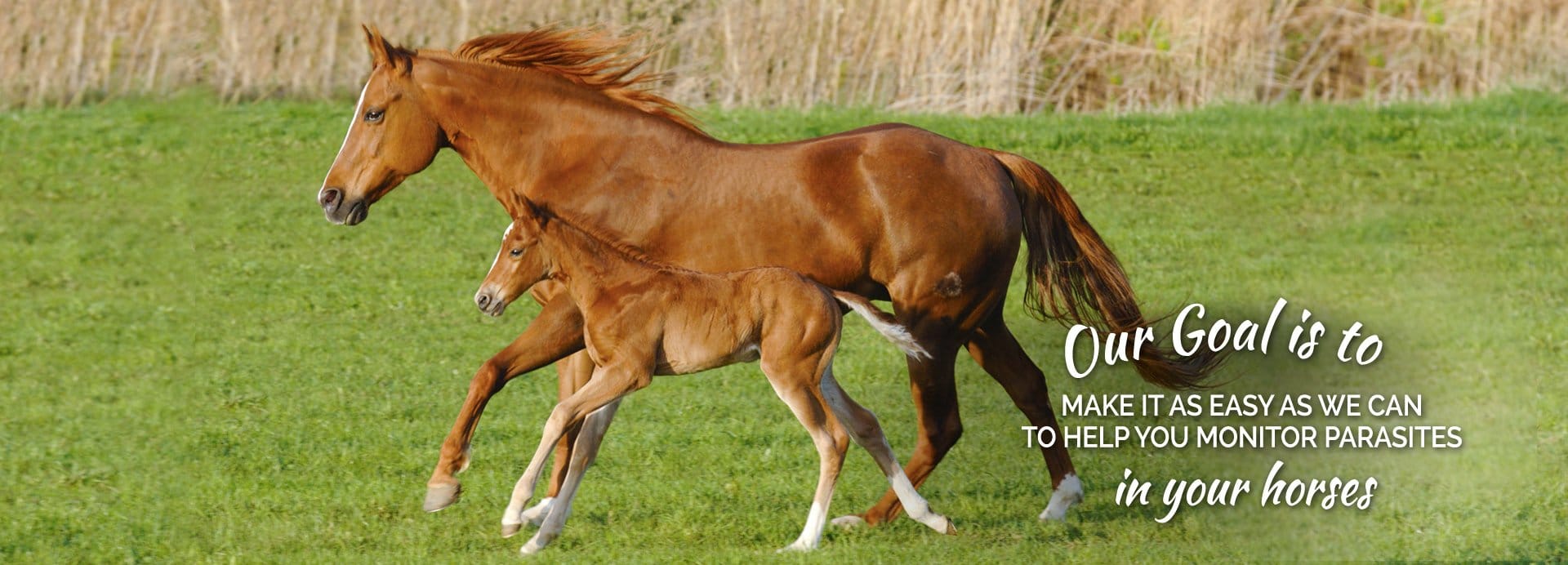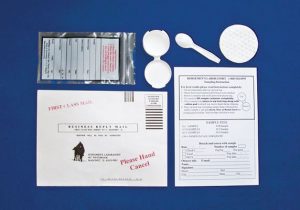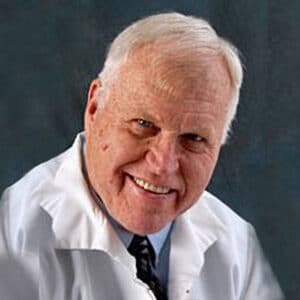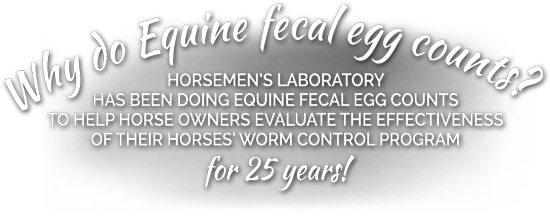Why Diligence and Experience Count in Equine Fecal Worm Egg Testing
By
Nikki Alvin-Smith
If you’ve made the smart decision to take control of your horses’ health and manage their worm control program based on actual evidence rather than blind administration of treatments, then you are probably aware that mail in laboratory options like Horsemen’s Laboratory are available. You may use your regular vet, or a tack shop mail-in option, or work directly with a laboratory that specializes in F.E.C.T. like ours.
What you may not have considered is that not all laboratory testing is created equal.
Use Equine Fecal Egg Count to Improve Your Horses Worm Control Program
Nikki Alvin-Smith
Give yourself a pat on the back if you’ve already taken the positive step of collecting a manure sample from your horse and sending it in for a FECT (fecal egg count test).
Your report will give you an indication of whether your horse has a negative egg worm count, or is a high, low or medium shedder of strongyle worm eggs. What do you do with this information?
A report that is negative for a strongyle egg worm count is great news. Dr. Byrd explained “A negative egg count means no worm eggs were found on the counting chamber. Our lab uses the McMasters test to do equine fecal egg counts and this method is accurate down to 25 eggs/gm”. While this may indicate that you don’t need to administer any dewormer at this time, it does not necessarily mean your horse does not host any worms. It could indicate he has just been dewormed, but he could still harbor encysted strongyle larva that are waiting to excyst and become adults and start laying eggs, or other common parasites whose eggs are not regularly found in the horse’s manure (tapeworms, bots and pinworms”. When should you retest your horse? How often should you retest a horse based on this report? In the world of equine parasitology the answers to these questions change based on the latest scientific knowledge. Are you up to date on that information? Perhaps not.
Horsemen’s Laboratory Clients That Make a Difference
By Nikki Alvin-Smith
Case Study: EAGALA Team Rene Stone and Her 29 Year Old Horse Tristan Help PTSD Sufferers
When Rene Stone was 30 she bought her first horse, the now 29 year-old Thoroughbred Tristan. While his body was broken, his spirit was bright and Rene Stone took a chance on him because she saw that light that shone within.
Their journey together has touched the lives of many war veterans and other sufferers of PTSD. As a licensed EAGALA (Equine Assisted Growth & Learning Association) therapist, Stone has battled some equine medical issues during the set up and success of her treatment program and her journey has had some severe ups and downs. Stone credits the fact that her dear horse Tristan is still up and at it…
Why Horse Worm Control Maximizes My Horses’ Health
By
Nikki Alvin-Smith
As an advanced equestrian competitor with a keen eye on the blue ribbon (or red, white and blue) and my quest to ensure all my horses and those of my students reach their full potential, I love to take control of as many aspects of their health care as possible.
The constant line of healthcare professionals that make up part of the Willowview Hill Team include acupuncturists, chiropractors, massage therapists as well as vets, farriers, nutritionists and holistic professionals. Everyone works in a carefully choreographed manner to ensure we are all on the same page and working in harmony together toward the same goal, the best possible performance and health of the horse.
Does your horse really have worms?
Horsemen’s Laboratory has made it simple to determine if your horse really has worms! Our Equine Fecal Testing Kits include everything you will need: a sturdy container, sealed plastic bag and a prepaid self-addressed envelope to mail the sample back to our lab. The price includes all postage and the results will be conveniently emailed to you.








